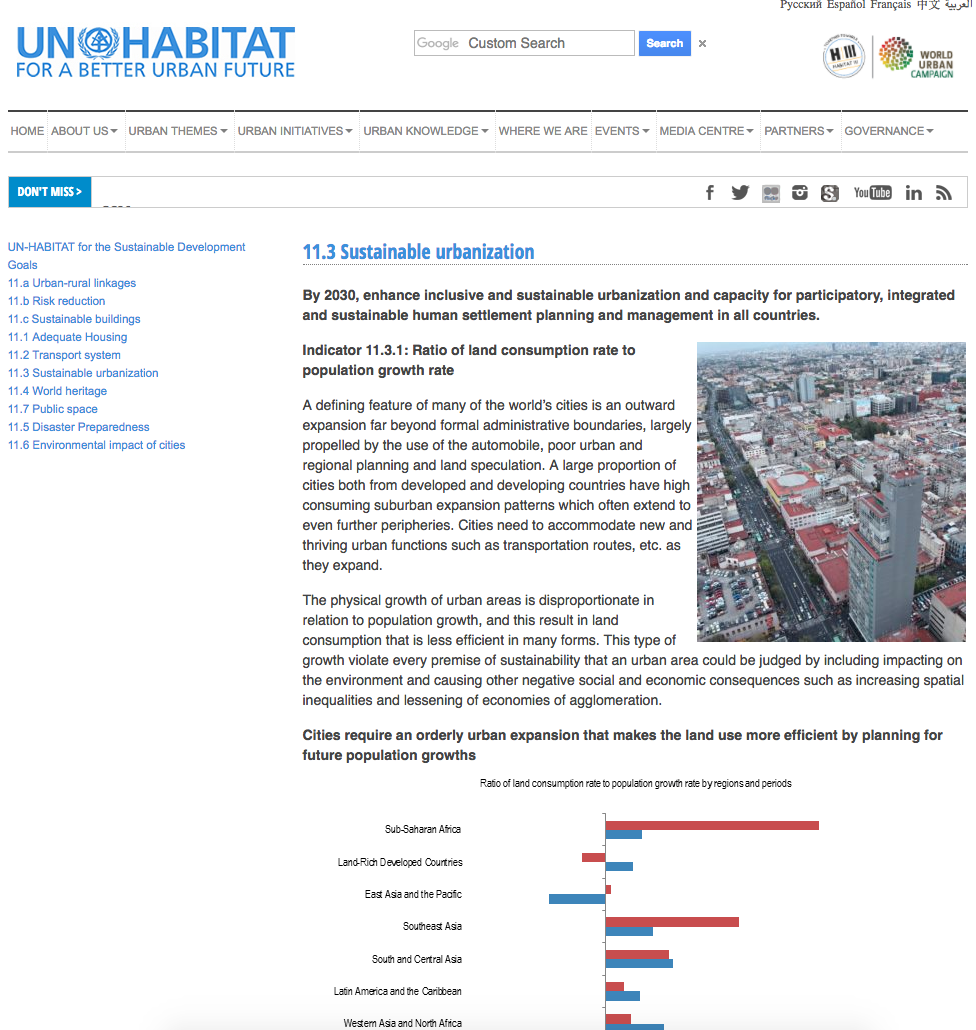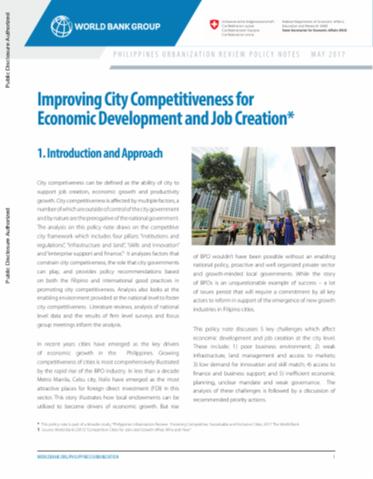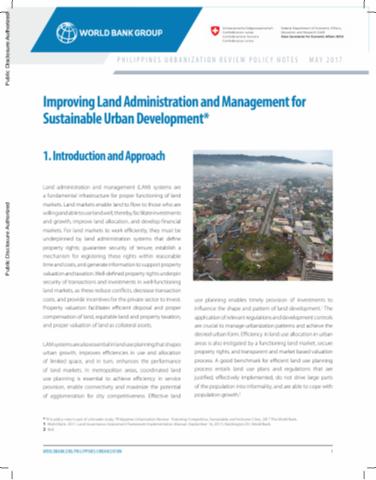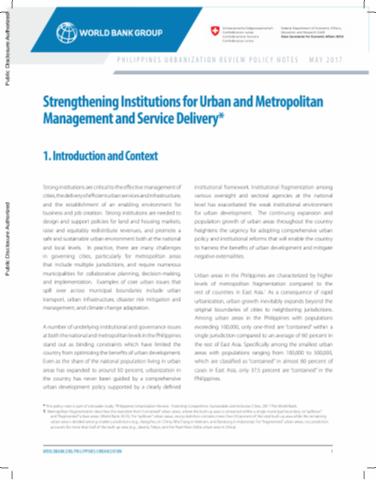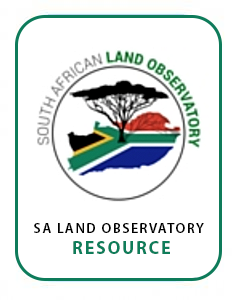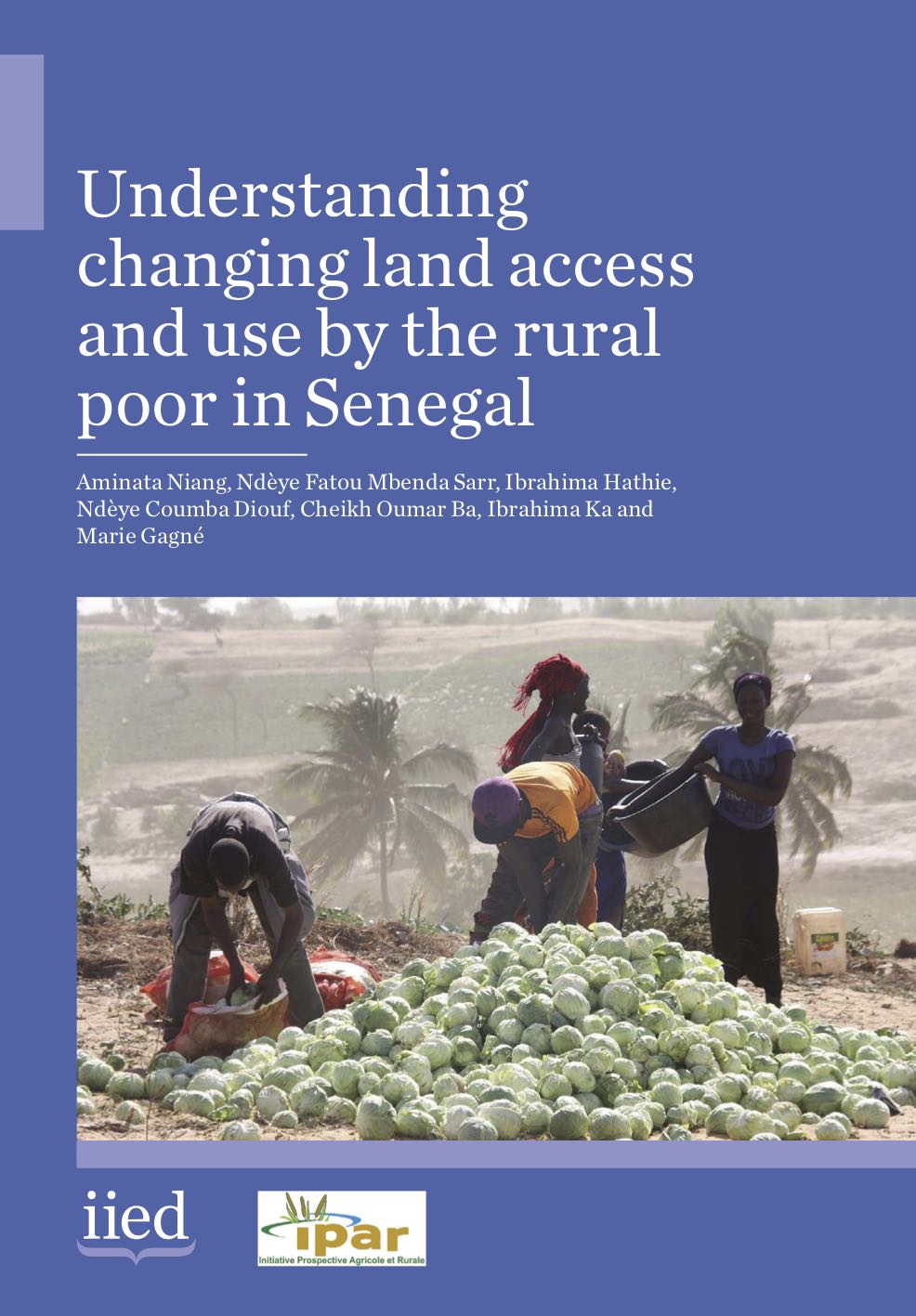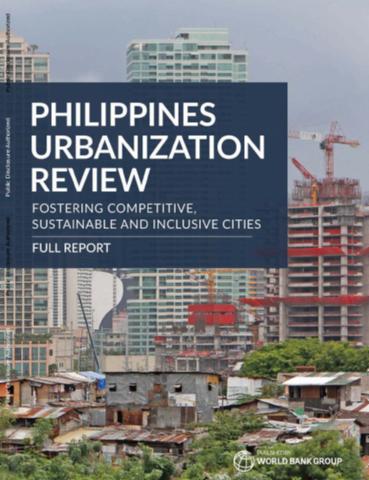Opposition and resistance: Governance challenges around urban growth in China and the UK
This paper proposes that, different though they are, the processes of urban development in China and the UK can be analytically compared by looking at the commonly occurring opposition and resistance to that development. Such opposition and resistance can delay and limit the development of land in and immediately surrounding cities.


